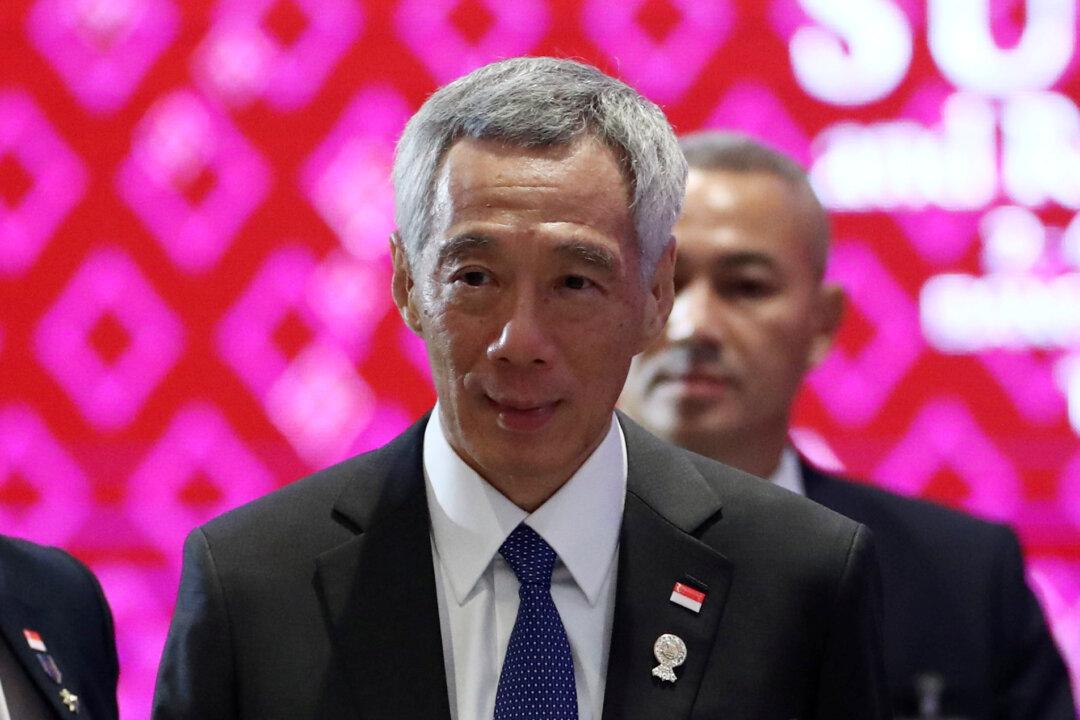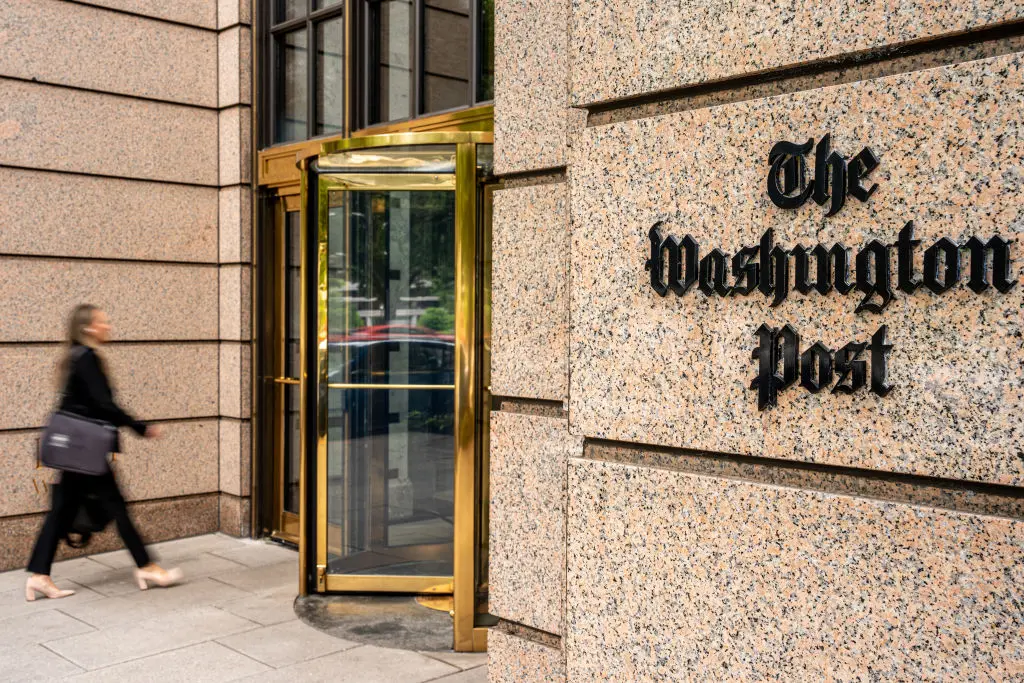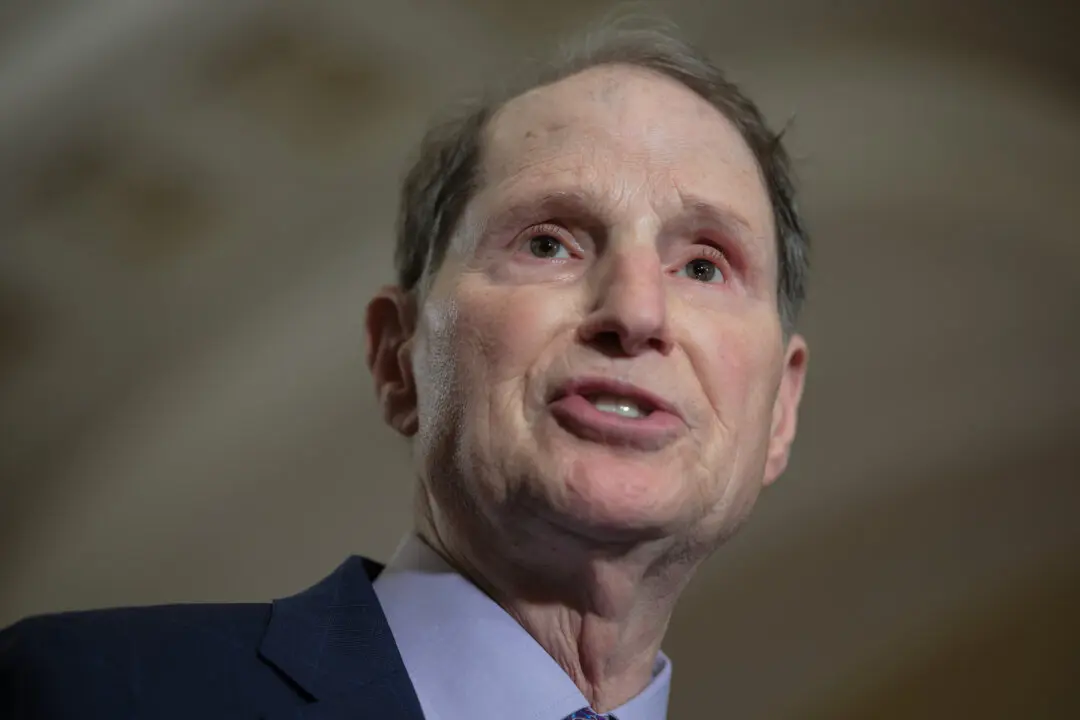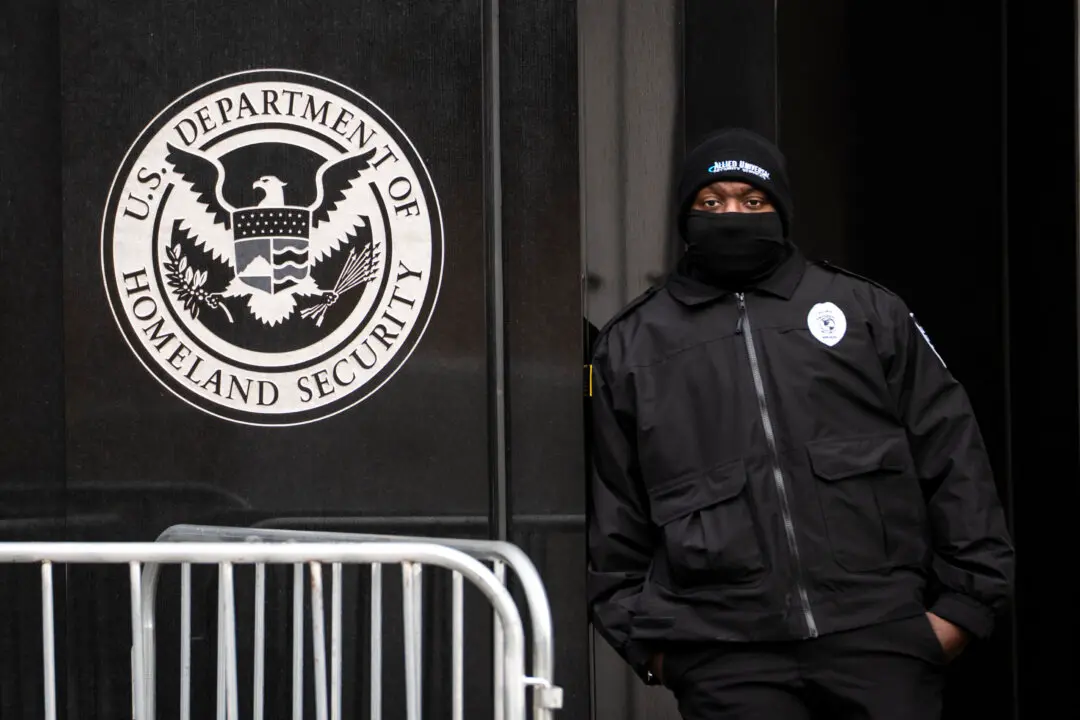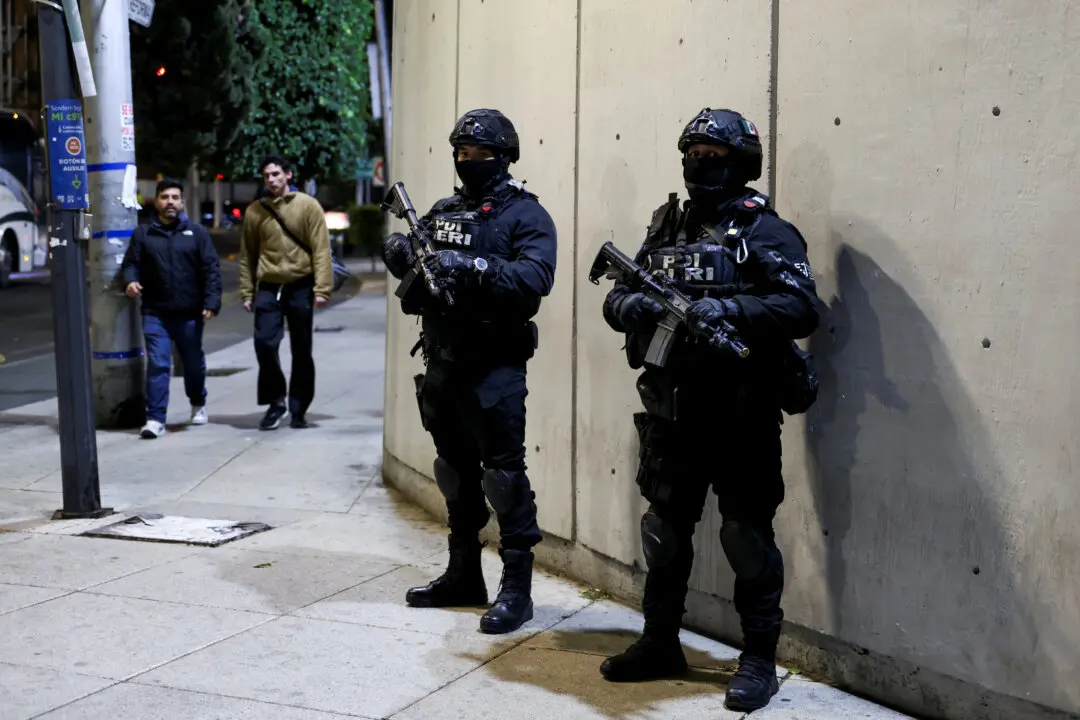The central banks took a relaxed approach toward inflation last year and must now take “drastic measures” to deal with the current high inflation, Singapore’s Prime Minister Lee Hsien Loong said on Sunday.
Lee said in an interview with Nikkei Asia that the global economy had recovered from the COVID-19 pandemic faster than projected, in part due to the stimulus measures, according to a transcript released by the Prime Minister’s Office.
